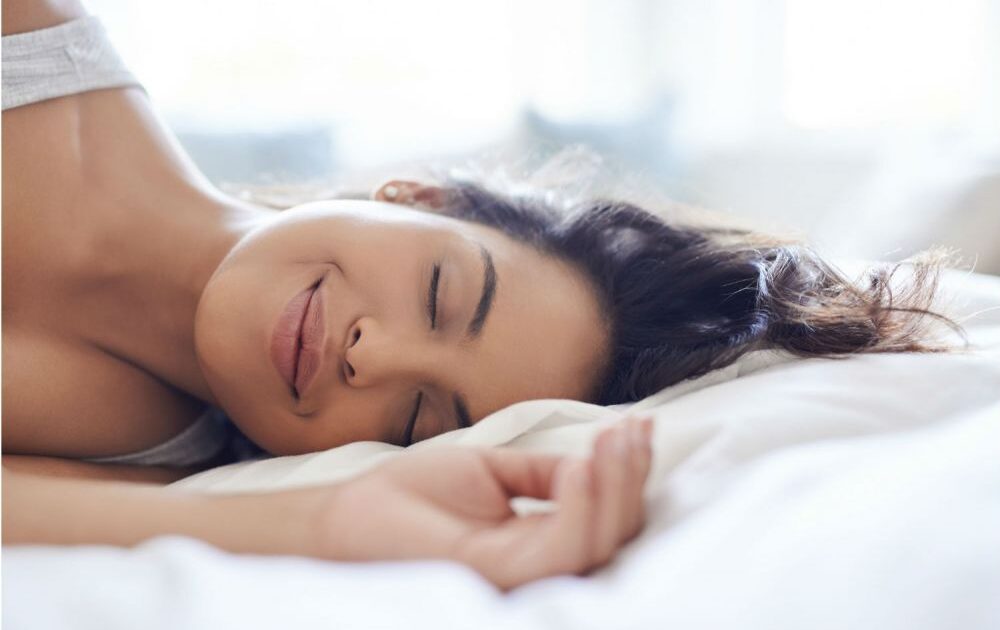
Seven Tips for a Better Night’s Sleep
A good night’s sleep is an important aspect of health and wellbeing. Poor and inadequate sleep can be detrimental to exercise performance, mood, and the delicate balance of our hormones. Tiredness can also be mistaken for hunger which can have a negative impact on our weight. Fortunately, there are some things we can do to ensure we’re getting the most restful sleep possible.
1) Increase Daytime Light Exposure
Circadian rhythm is the name given to our natural body clock. Circadian rhythm regulates sleep and affects the brain and hormones. Exposure to natural sunlight or synthetic light during the day can assist in the maintenance of circadian health, and ultimately keep us alert and awake in the daytime.
2) Eliminate Evening Blue Light Exposure
Just as daytime light exposure can have a positive impact on our body clock, exposure to synthetic light at times when it should be dark outside can have the opposite effect. Melatonin is a hormone which helps the body to relax and sleep, and by using blue light emitting devices such as computers and smartphones at night, we’re actually reducing melatonin and keeping ourselves awake artificially. Blue light tricks the body into thinking it’s daytime, so limiting evening use of such devices can be beneficial to the quality of our sleep.
3) Get into a Sleep Routine
Circadian rhythm aligns with the sunrise and sunset. A routine can help to regulate your body clock and hormones so that melatonin increases at the right times to help you fall asleep when you should.
4) Avoid Long Naps
Long naps can confuse the internal body clock and make it harder to fall asleep at night. If you currently nap and are still able to sleep, then there’s no reason to stop. However, some people don’t tolerate naps well, and there are many factors that can determine whether a nap is beneficial such as the time of day, the duration, and the current state of an individual’s circadian rhythm.
5) Avoid Caffeine Late in the Day
Caffeine is found in coffee, tea, and some soft drinks, and is best known for its energy enhancing effects. Caffeine stimulates the nervous system which when consumed late in the day, can make it difficult for one to relax and drift off. Avoid the consumption of caffeine in the afternoon and evening to ensure that it doesn’t interfere with your sleep.
6) Take a Relaxing Bath
Hot baths can help to improve the quality of sleep. Some studies even show that participants who take a 90-minute hot bath in the afternoon experience a deeper and more restful sleep at night.
7) Take a Melatonin Supplement
You can top up your natural levels of melatonin by taking a melatonin supplement. This will help you fall asleep faster and get into a deeper undisturbed sleep. Melatonin supplements can be particularly helpful for those who suffer from the sleep disorder insomnia.
Quality sleep is essential for optimal health. Follow our top seven tips to ensure that you’re creating the best possible environment for a great night’s sleep every day of the week.
For more fitness tips, check out our new online platform, Home Fitness Network. It contains meal plans, recipes, health advice, at-home workouts and so much more! For more information, click here
Are you a BK’s member? You receive discounted access to Home Fitness Network. See here for further information.
If you’re located in Victoria and living in a suburb under lock-down, we’d like to offer you FREE access to Home Fitness Network during the lock-down period. Get in touch with your local BK’s to request your FREE access.
